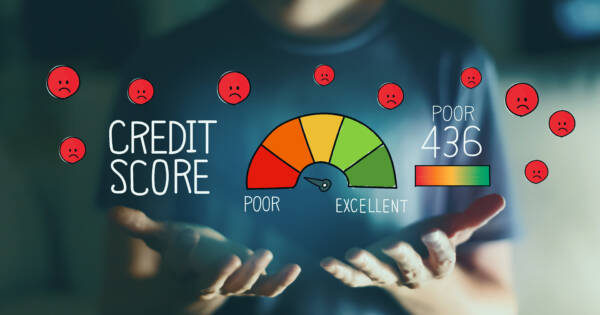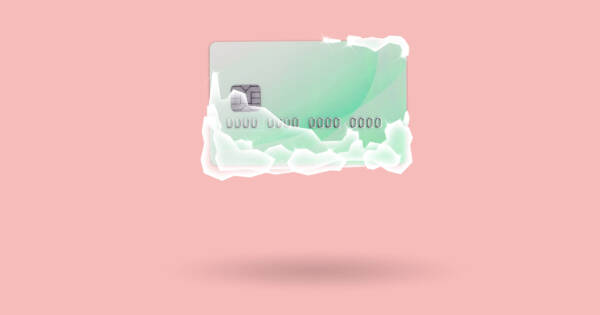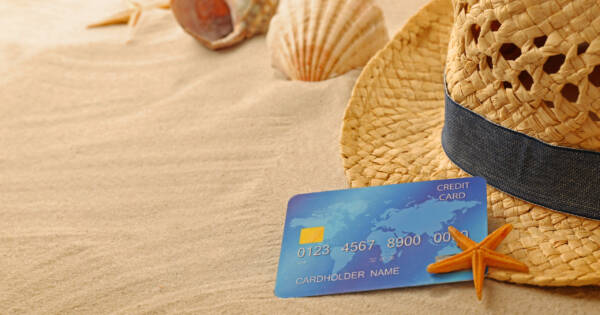Before starting a new business, the potential owner should ensure that they have excellent credit. This can be done by developing good credit habits early on in the developmental stages of the business plan.
Steps to Establishing Good Credit
Banking accounts for personal and business affairs should be separate. If possible, a separate Tax ID should be obtained for the business. This is done to keep personal habits from interfering with the business structure.
Make sure that:
- There is a checking and savings account for personal and business;
- All credit card payments are up to date as well as mortgage payments and other types of loans;
- You do not open a bunch of new accounts close to the start of a business;
- Accounts are established at least three months before the actual start of the business or before a loan is requested, and;
- Bill payments are not 60 days past due.
One major task is to collect credit reports from the three major agencies: Transunion, Equifax, and Experian. Check the credit scores and dispute anything that is incorrect. Request that old accounts that have been bought out by other companies be removed. Write down any accounts that need to be repaired and work on clearing these.
Another thing is to have a stable residence. Staying in one residence for at least two years looks favorable to lenders. Also having a good income to debt ratio is essential for obtaining a loan of any kind.
Having credit cards is not a bad thing but only cards that serve a definite purpose should be kept and used to establish credit. These cards should also be at least two years or older with no late payments attached to them.
Prepare for Business
When getting credit intact, it is best to research lenders and find out in advance what will be expected and what they will be looking for. In most cases, a credit score of 650 and over is required to even be considered for a loan. There are other ways to ensure a loan, like using a home as equity, but this does not work in every case and this is very risky. So, start establishing relationships with potential vendors and build relationships with current creditors.
Another good practice is to not have too many credit cards with high-interest rates. So, transfer high-interest cards onto a low-interest card. Avoid high credit limits on business credit cards and settle any old accounts that may not have been paid off. Lastly, make sure a credit assessment is done to get the business off to a good start.
Establishing good credit is essential before starting a business. This is because good credit is needed to obtain loans and establish good reputations with vendors. Most businesses are started with personal finances, borrowed finances from relatives, and loans from lending institutions.
Having a plan and keeping personal finances separate from business finances is very important in establishing a business with a positive start. Do the research about your particular business and the finances needed to get it up and running and be realistic and ask for help.








